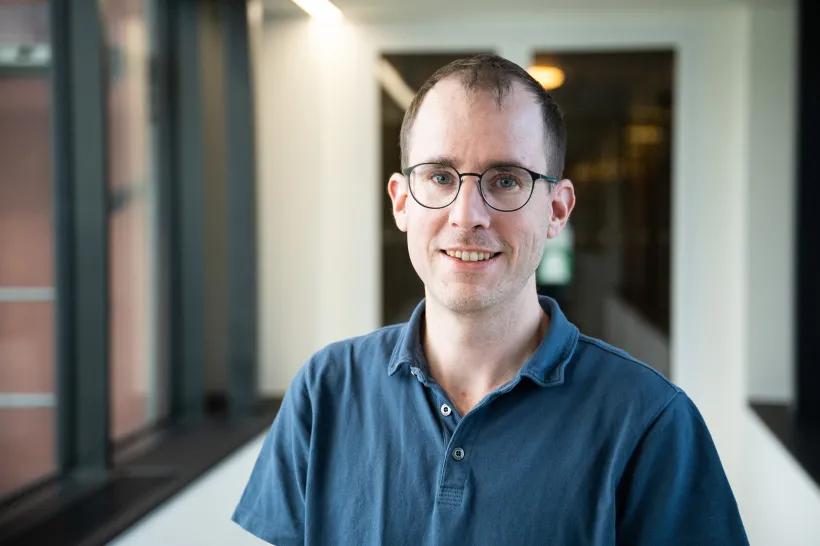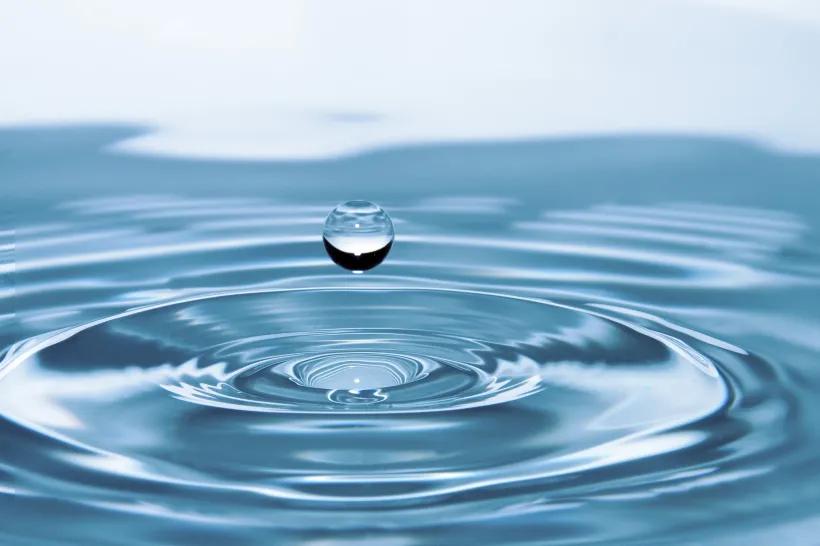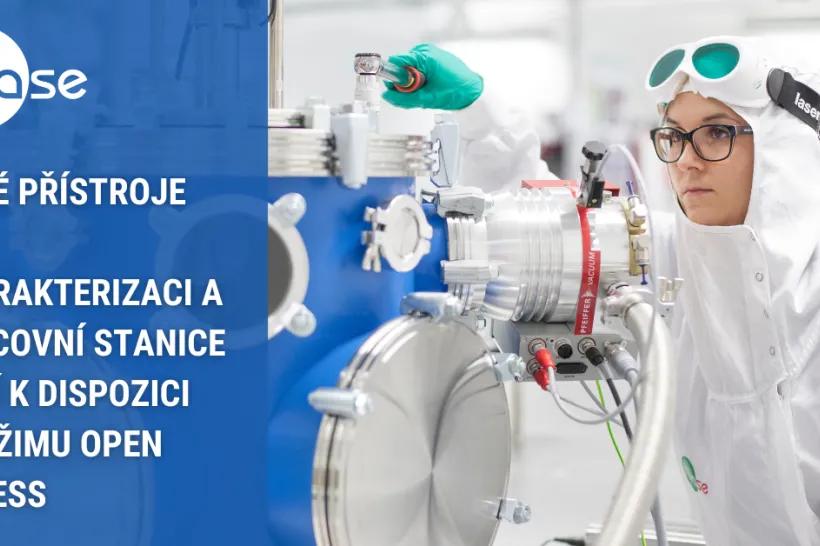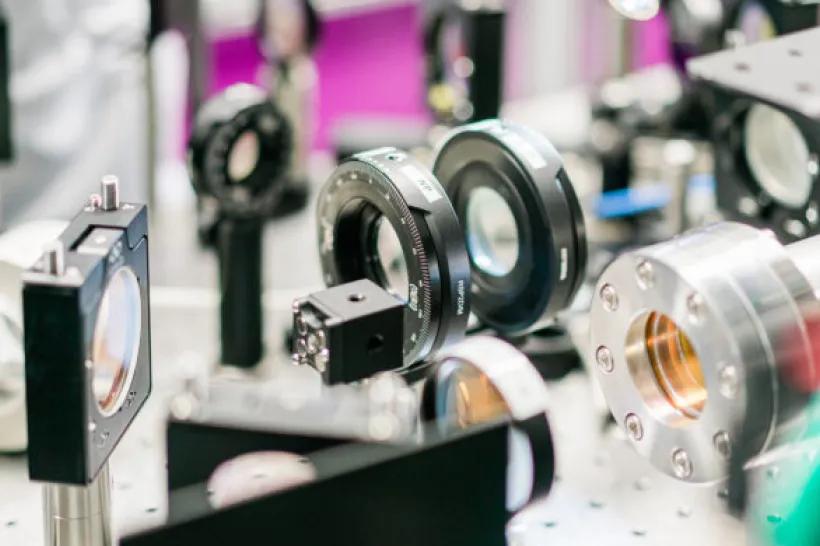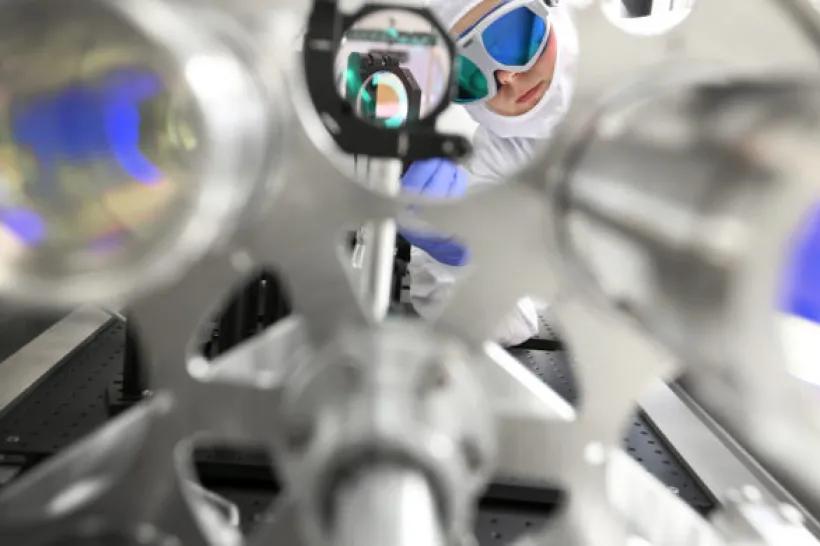New crystallographic method will help pharmacists and faster computers
Swapping your left shoe for the right one while putting them on is unpleasant, but swapping molecules in the same way when making medicines can be fatal - instead of a drug poison is produced. A new method invented by a team of international scientists led by Lukas Palatinus from the Institute of Physics of the Czech Academy of Sciences will help prevent this. The unique procedure for determining the position of atoms in crystals was published last week in the Nature Chemistry journal.

